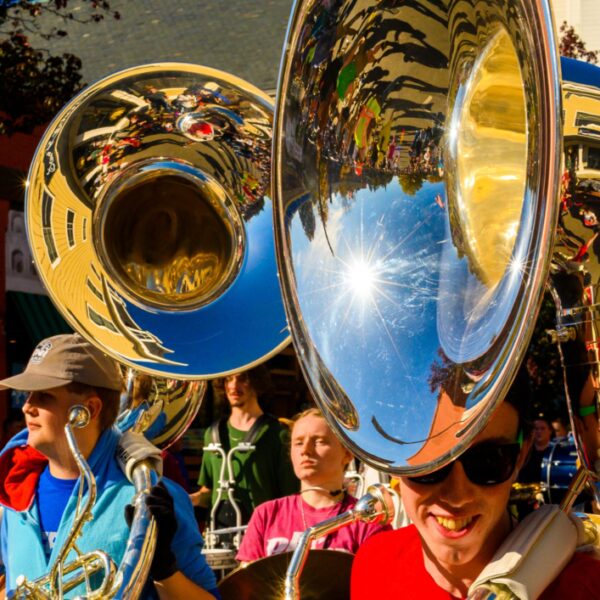Classical music impacts babies, even in the womb

Researchers from the Autonomous University of the State of Mexico, the Metropolitan Autonomous University, the General Hospital Nicolás San Juan, and the National Institute of Cardiology Ignacio Chávez recently studied the effect of classical music on a fetal heartbeat, using mathematical analysis tools to identify patterns in heart rate variability.
The evidence shows that music can calm fetal heart rates, potentially providing developmental benefits.
Typical measures of heart rate are an average of several beats across multiple seconds. In contrast, heart rate variability measures the time between individual beats. This measure can provide insight into the maturation of the fetal autonomic nervous system, with greater variability often indicating healthy development.
To test the effects music can have on fetal heart rate, the group of researchers recruited 36 pregnant women and played a pair of classical pieces for their fetuses. For the experiment, they chose “The Swan,” by French composer Camille Saint-Saëns, and “Arpa de Oro,” by Mexican composer Abundio Martínez.
By attaching external heart rate monitors, the researchers could measure the fetal heart rate response to both songs. By employing nonlinear recurrence quantification analysis, they could identify changes in heart rate variability during and after the music was played.
“Overall, we discovered that exposure to music resulted in more stable and predictable fetal heart rate patterns,” author Claudia Lerma said. “We speculate that this momentary effect could stimulate the development of the fetal autonomic nervous system.”
In addition to the overall effects of playing music, the researchers looked at the differences between the two classical pieces. While both were effective, they found that the Mexican guitar melody had a stronger effect.
“When contrasting ‘The Swan’ with ‘Arpa de Oro,’ we did notice some significant differences,” fellow author Eric Alonso Abarca-Castro said. “In particular, the second piece appeared to have a stronger impact on some measures, indicating that it produced heart rate patterns that were more predictable and regular. Factors like rhythmic characteristics, melodic structure, or cultural familiarity may be linked to this differentiation.”
For expectant parents, the researchers suggest that classical music could help promote fetal development.
“Our results suggest that these changes in fetal heart rate dynamics occur instantly in short-term fluctuations, so parents might want to consider exposing their fetuses to quiet music,” Mr Abarca-Castro said. “Parents who play soothing music may stimulate and benefit the fetal autonomic system.”
The authors plan to continue to explore this effect, looking at different genres and types of music to further their understanding.
Popular

Quality
Practice
Research
Crayola Creativity Week 2026 launches as research highlights strong link between creativity and confidence
2026-01-06 07:00:35
by Contributed Content

Research
New study finds social dominance preferences emerge in early childhood
2026-01-06 07:30:50
by Fiona Alston

Workforce
Events News
Practice
Provider
Quality
Research
Mary MacKillop Announced as Finalist for FIA 2026 Best Transformational Gift Award
2026-01-06 06:30:50
by Fiona Alston












